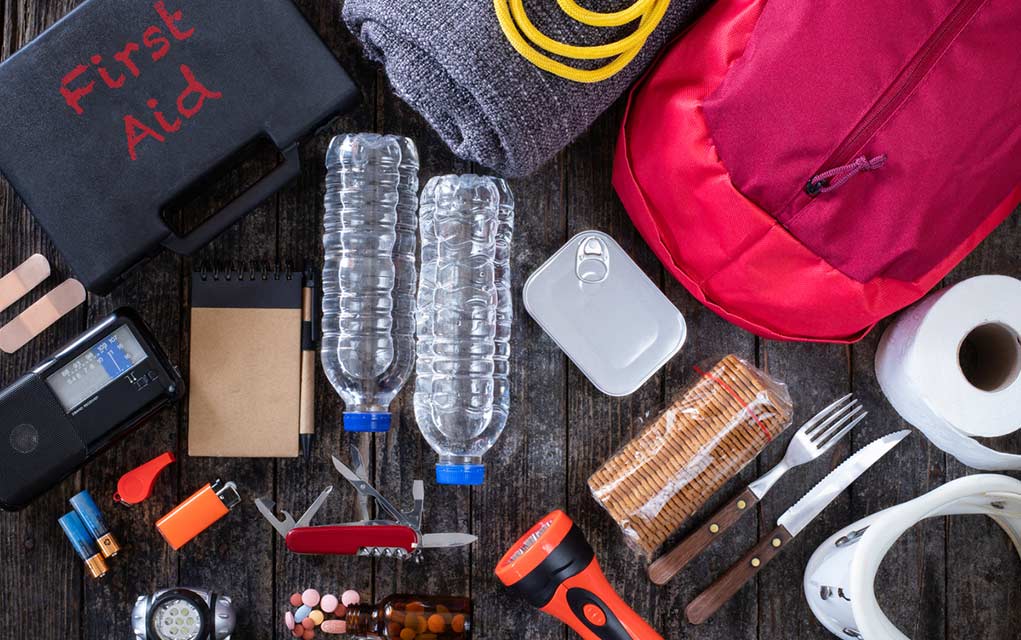The 95/5 Rule

(Modern Survival.org) – The average prepper has a tendency to prepare for large-scale disasters: food shortages, electromagnetic pulses, natural disasters, and the end of the world as we know it (TEOTWAWKI) events. Yes, these are valid concerns that are worthy of preparedness, but in reality, these belong in the bottom 5% of all likely emergencies (and that is being generous).
The other 95% of emergencies, such as automobile accidents or even bad weather, are far more likely to occur during the day-to-day life of a prepper. This is exactly why it’s so important to prepare for small-scale emergencies while also prepping for the big ones. Many of the skills attained through learning how to handle more common problems will cross over as useful abilities in the event of a major disaster anyway, making them worthwhile.
Some common emergencies that have the potential to teach large-scale survival skills include:
-
- House fire. Creating an evacuation plan with the family will not only prepare them to face a house fire but also train them to get out of the house in a hurry when a large-scale disaster strikes.
- Blackout. Power outages are a common issue following bad storms. By preparing to face a blackout on a small scale (lasting days or even weeks), a prepper will gain valuable insight into how to survive if the power ever goes out permanently.
- Automobile accident. Learning the basic skills to respond to an automobile accident — like CPR, for example — will serve anyone well in a SHTF scenario.
When preparing for the fall of mankind, make sure to pay attention to little emergencies — they can be just as deadly as nuclear fallout.
For information on another common emergency, check out our article on surviving a blizzard here.
~Here’s to Your Survival!
Copyright 2023, ModernSurvival.org








